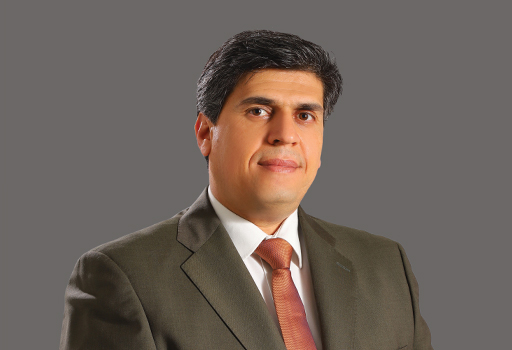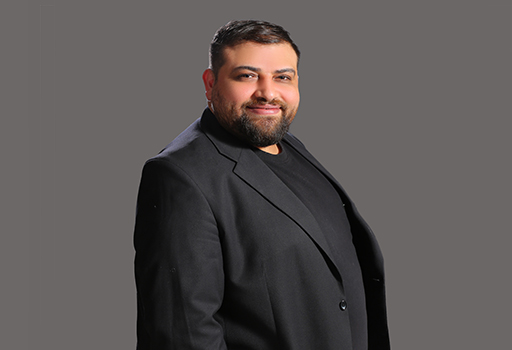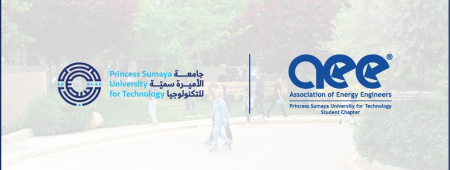In the academic year 2021/2022, Princess Sumaya University for Technology (PSUT) froze admission under the Communications Engineering program name, which has been established since 2005. The last graduates in the Communications Engineering program are expected to be in the summer of 2026. Since then, the university has started admitting students to the new program named Communications Engineering \ Internet of Things.
This program adopts a forward-looking perspective, aiming to equip students with the skills and insights necessary to thrive in the future of technology. In the swiftly evolving global landscape, IoT stands as a pivotal force propelling advancements, influencing the trajectory of communications, and setting new standards in technology. By embracing this cutting-edge specialization, students are poised to navigate and contribute to the dynamic realms of technology and communication standards that define the future.
In this program, we recognize the critical role that IoT plays in driving innovation and transforming industries. IoT has become an integral part of various emerging technologies, influencing the standards that define our interconnected world. This program is tailored to equip students with the knowledge and skills necessary to navigate the complexities of IoT and its integration into diverse technological applications.
As we delve into the Bachelor's program, students can expect a comprehensive exploration of several cutting-edge topics, including artificial intelligence, robotics, 5G communications, big data, 3D printing, drones, cloud computing, blockchain, augmented reality, and more. These subjects collectively form the core of Industry 4.0, representing the next wave of industrial and technological revolution.
Our academic plan spans 160 credit hours, distributed strategically over five years, allowing students to delve deep into the program's intricacies. The extended duration ensures a comprehensive understanding of the subjects and provides ample opportunities for hands-on experience and practical applications. At PSUT, we believe that the fusion of theoretical knowledge and practical skills is essential for creating well-rounded professionals who can navigate the complexities of the evolving technological landscape. The program accepts students who succeed in their Jordanian General Secondary Exam/Science Stream, or equivalent, with an average of at least 80%.
Furthermore, the importance of IoT in future technologies cannot be overstated, as it continues to drive market growth and redefine how we interact with the digital world. Understanding the dynamics of IoT systems is crucial for staying at the forefront of technological trends and contributing to the innovations that will shape the industries of tomorrow. Prepare to be part of a transformative educational experience that empowers you to thrive in the dynamic and ever-evolving field of Communications Engineering with a focus on IoT.
The Communications Engineering (B.Sc.) is accredited by the Engineering Accreditation Commission of ABET, https://www.abet.org, under the commission’s General Criteria and Program Criteria for Electrical, Computer, Communications, Telecommunication(s) and Similarly Named Engineering Programs.
Graduation requirements for the program:
To obtain a bachelor’s degree in Communications Engineering/Internet of Things (IoT), the student must successfully complete the graduation requirements, which consist of (160) credit hours, including (18) hours as compulsory university requirements, (9) hours as elective university requirements (30) hours as Compulsory School requirements, (94) hours as compulsory program requirements, and (9) hours as elective program requirements. The program involves a minimum of 280 hours of hands-on training (equivalent to 3 credit hours), limited to a maximum of 8 hours per day, and the training period should be face-to-face and uninterrupted.
The student must complete (103) approved hours for program courses and laboratories, along with additional mathematics, sciences, humanities, and business administration courses.
Job prospects for the graduates:
In the "Communications Engineering/Internet of Things (IoT)" realm, job prospects are incredibly diverse, encompassing a wide array of telecommunications technology and information transfer. The opportunities within this field include: IoT engineering, iot services development, IoT cloud, artificial intelligence and IoT, communication systems, wireless and cellular communications, communication networks services, communication networks planning, computer networks, smart cities, robotics, telecommunications companies, telecommunications sector regulation, government institutions, factories.

 PSUT Portal
PSUT Portal 











